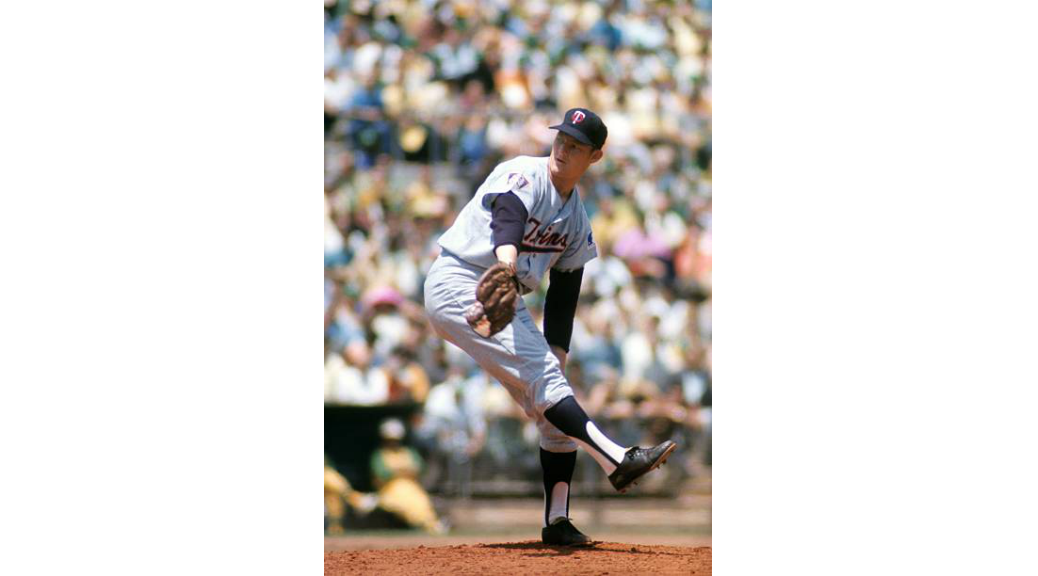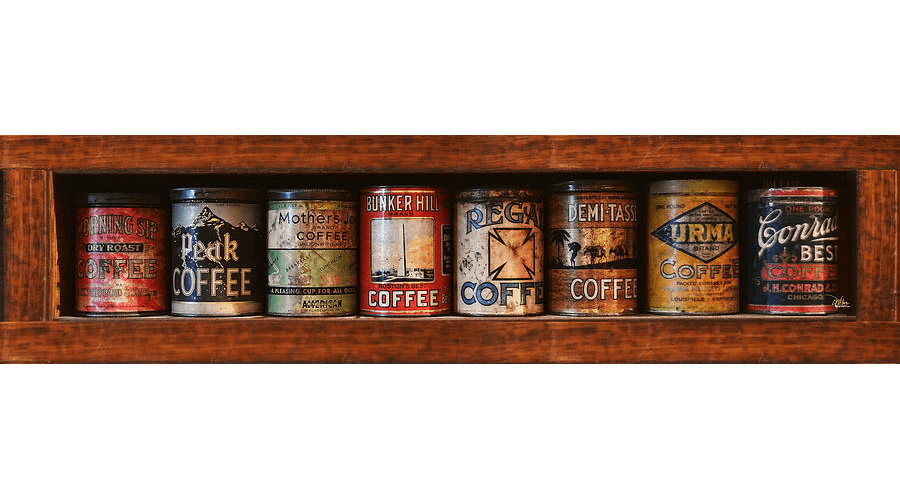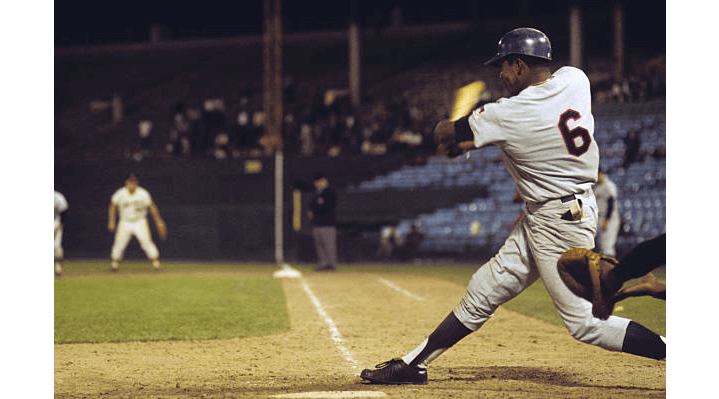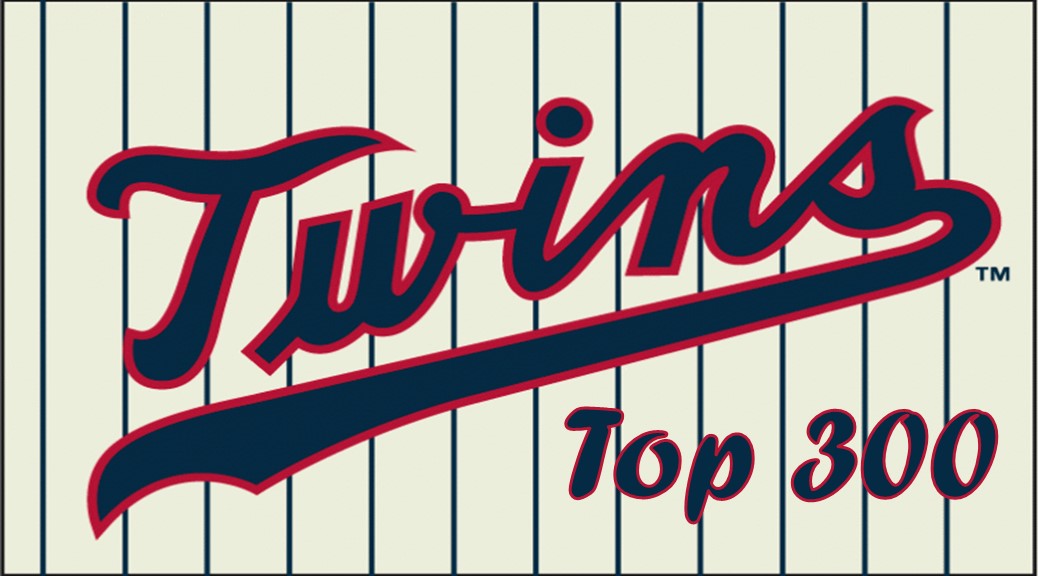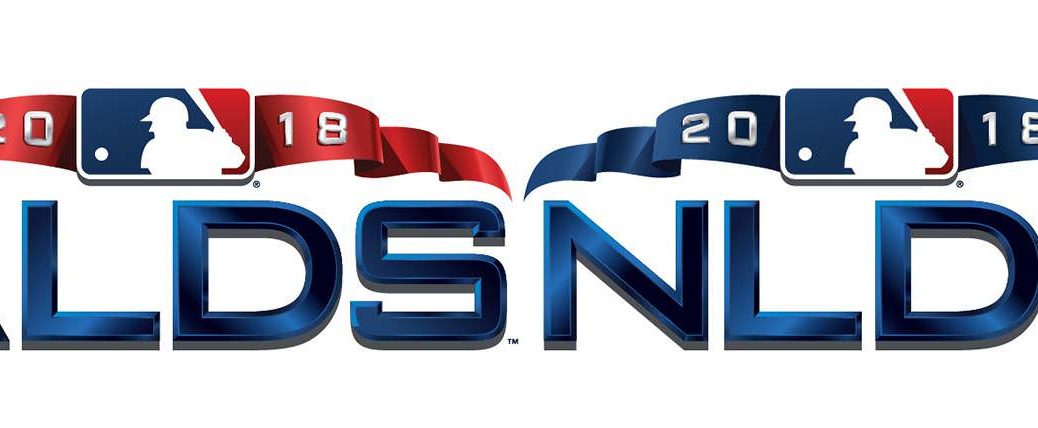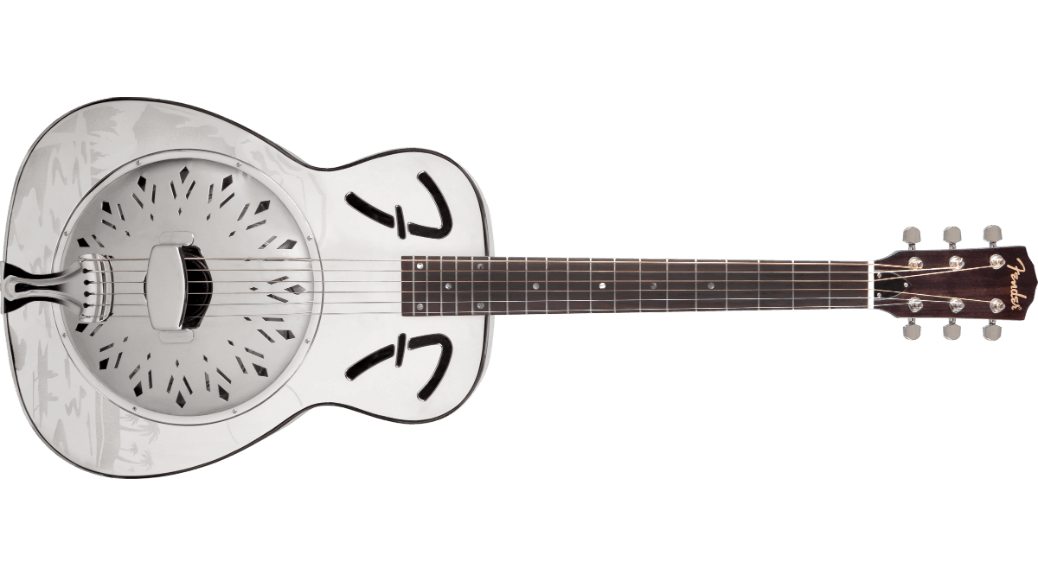I put up about three decorations, which is enough for me. Are you guys big Halloween decorators?
Monthly Archives: October 2018
1969 Rewind: Game Six
MINNESOTA 5, OAKLAND 4 IN OAKLAND
Date: Tuesday, April 15.
Batting stars: Tony Oliva was 3-for-5 with a home run (his second) and two RBIs. Ted Uhlaender was 2-for-4 with a double. Harmon Killebrew was 1-for-3 with a home run (his second) and a walk. Rich Reese was 1-for-4 with a two-run homer.
Pitching star: Jim Kaat struck out nine in 8.2 innings, giving up four runs (three earned) on six hits and a walk.
Opposition stars: Mike Hershberger was 2-for-4. Bert Campaneris was 2-for-5 with a double.
The game: The Twins could do nothing with a leadoff double by Uhlaender in the first. Oakland also got a leadoff double, by Campaneris, but scored him on a Hershberger single. The A's made it 2-0 in the second when Rick Monday reached on an error and scored on a double by Catfish Hunter.
The Twins again wasted a leadoff double in the fourth, this one by Rod Carew, as Carew was thrown out trying to advance to third on a ground ball to the pitcher. In the seventh, however, Minnesota finally broke through against Hunter, as Graig Nettles led off with a single and Reese hit a two-run homer to tie the score 2-2. The Twins took the lead in the eighth, as Oliva and Killebrew started the inning with back-to-back home runs to give Minnesota a 4-2 advantage.
The Twins added a run in the ninth, as George Mitterwald was hit by a pitch, Uhlaender hit a one-out single, and Oliva scored him with a two-out single. They needed it, as the A's weren't done yet. Hershberger and Monday led off the inning with singles. Kaat retired the next two batters on fly outs, but pinch-hitter Jim Pagliaroni walked to load the bases. Bob Miller came in and gave up a two-run single to pinch-hitter Ramon Webster, making the score 5-4. Ron Perranoski came in and walked Ted Kubiak to re-load the bases, but Campaneris hit into a force out to end the game.
WP: Kaat (1-0). LP: Hunter (1-1). S: Perranoski (1).
Notes: Nettles was once again in left field, with Reese at first and Killebrew at third. After the Twins took the lead in the eighth, Frank Quilici replaced Killebrew at third and Cesar Tovar replaced Nettles in left. It seems like defensive replacements were a lot more common back then, maybe because benches were deeper.
Carew was batting .353 on the young season. Oliva and Nettles were each at .333 and Reese was batting .316.
On the other side, Uhlaender as batting just .160 and Leo Cardenas was at .167.
Kaat had pitched 19.2 innings in his two starts. His ERA was 2.29.
Perranoski made his fifth appearance in six games, this time going just a third of an inning. He had pitched 11.2 innings.
Reggie Jackson was batting second in the Oakland lineup, with Hershberger third and Sal Bando fourth. Jackson had a very good year in 1968, but 1969 was the year he would really become a star. He led the league in runs, slugging average, OPS, and intentional walks. He finished third in home runs, one behind Killebrew and two behind Frank Howard.
Five of the Twins first six games were decided by one run. The other was decided by two runs.
Maybe there were rainouts, but this was a really strange schedule. The Twins opened with two in Kansas City, then had three at California. They then had one game in Oakland, one game in Seattle, and then went home for a seven-game homestand.
Record: Minnesota was 2-4, still in sixth place in the AL West, 2.5 games behind Kansas City.
Happy Birthday–October 7
Fleet Walker (1856)
Brickyard Kennedy (1867)
Bill Walker (1903)
Chuck Klein (1904)
Frank Baumholtz (1918)
Grady Hatton (1922)
Bud Daley (1932)
Phil Ortega (1939)
Jose Cardenal (1943)
Rich DeLucia (1964)
Evan Longoria (1985)
Kohl Stewart (1994)
Moses Fleetwood "Fleet" Walker is credited as the first African-American to play major league baseball. A catcher, he appeared in forty-two games for the Toledo Blue Stockings of the American Association in 1884, until rival owners and players demanded that he be removed from the roster. In those forty-two games, he batted .263/.325/.316.
John Otway & Wild Willy Barrett – Cheryl’s Going Home
For all us coffee makers out there.
October 6, 2018: Fall Sports
Which team will have a more successful 2018-2019 season?
- Wild (88%, 7 Votes)
- Timberwolves (13%, 1 Votes)
Total Voters: 8
Or, put another way, who will play more games in the series before getting bounced out of the first round of the playoffs?
1969 Rewind: Game Five
MINNESOTA 5, CALIFORNIA 4 IN CALIFORNIA
Date: Sunday, April 13.
Batting stars: Tony Oliva was 3-for-5. Harmon Killebrew was 2-for-4 with a home run. Graig Nettles was 1-for-3 with a walk.
Pitching stars: Tom Hall pitched five innings of relief, giving up two hits and no walks and striking out four. Ron Perranoski pitched 2.2 innings, giving up an unearned run on three hits and two walks and striking out two.
Opposition stars: Rick Reichardt was 1-for-3 with a walk. Tom Murphy pitched six innings, giving up three runs (two earned) on seven hits and no walks and struck out three.
The game: With one out in the bottom of the first, the Angels put together a walk and two singles to take a 1-0 lead. They weren't done, as with two out a walk and a two-run single by Tom Satriano made it 3-0 after one inning.
It stayed there until the third, when a pair of singles and a productive ground out put Twins on second and third with two down. Jim Fregosi then made an error on a Leo Cardenas ground ball to make it 3-1. In the seventh, singles by Cardenas and Cesar Tovar and a walk to Bob Allison loaded the bases with none out. A pair of fielder's choices brought home two runs to tie it 3-3.
The Twins finally took the lead in the eighth. Killebrew led off the inning with his first home run of the season to make it 4-3. Nettles walked and went to third on a George Mitterwald single. Cardenas then hit a sacrifice fly to give the Twins a 5-4 lead.
The Angels didn't go away quietly. With one out in the eighth, Bill Voss walked and Fregosi doubled to put men on second and third. Perranoski then struck out Jay Johnstone, intentionally walked Reichardt, and got Bubba Morton on a fly out to end the inning. Aurelio Rodriguez led off the ninth by reaching on catcher's interference. With one out, Bobby Knoop and Ruben Amaro singled to cut the Twins lead to 5-4 and put men on first and second. Voss hit into a forceout, putting men on first and third. Bob Miller then came in to replace Perranoski and got Fregosi to ground out to end the game.
WP: Perranoski (1-0). LP: Pedro Borbon (1-1). S: Miller (1).
Notes: It was a somewhat more conventional lineup, although batting Rich Reese second when Tovar was in the lineup seems a little unusual. Tovar was at second, with Rod Carew still out of the lineup. Nettles was again in left field, with Killebrew at third. Killebrew came out of the game for defense in the eighth, but rather than move Nettles to third base the Twins used Frank Quilici there.
Mitterwald seems to have been the mostly regular catcher early on, with Johnny Roseboro in a reserve role.
Dick Woodson started for the Twins and pitched one inning. It's tempting to try to claim he was an opener, but in fact I'm sure he was removed because he gave up three runs on three hits and two walks. Hall made his second relief appearance in four games after his opening day start. Perranoski had now pitched 11.1 innings of relief and appeared in four of the five Twins games.
I have no memory at all of Bill Voss, but he played in parts of eight major league seasons. An outfielder, 1969 would be the year he got the most playing time, 133 games. He hit .261, but had an OPS of .660 because he had no power. He played from 1965-1972, playing for the White Sox, California, Milwaukee, Oakland, and St. Louis.
Record: Finally in the win column, the Twins were 1-4, still in sixth place in the AL West, 2.5 games behind Kansas City.
Happy Birthday–October 6
Pop Snyder (1854)
Jerry Grote (1942)
Gene Clines (1946)
Gary Gentry (1946)
Victor Bernal (1953)
Alfredo Griffin (1957)
Oil Can Boyd (1959)
Rich Yett (1962)
Ruben Sierra (1965)
Archi Cianfrocco (1966)
Darren Oliver (1970)
Freddy Garcia (1976)
Andrew Albers (1985)
Right-hander Victor Bernal was drafted by the Twins in the 1975 January draft, but the pick was voided. He went on to be chosen by San Diego in the June draft of 1975 and played in fifteen games for the Padres in 1977.
Minnesota Twins Top 300 Twins of all time: One man’s opinion through 2018 season
It is year 7 of putting my pet project on the WGOM site, SBG put it on his old site a few years before this. It was a dissapointing season for the Twins, but even in down times there's always movement on the top300 list. Mauer and Dozier can't repeat the success they had in 2017, so each is stuck in place at spots 4 and 24 respectively (which it appears is where they will stay for a while since more than likely both their Twins careers are over). Sano and Ervin also had stagnant 2018s, both staying in the top100, but actually falling backwards a couple spots being jumped by 2018 Twins with better seasons. Rosario, Escobar, and Gibson all jump into the top100 with good 2018 seaons. Buxton and Hughes drop a couple spots as well with the leapfrogging, but Polanco and Berrios join the top150 with Kepler and Grossman lurking just outside the top150. Pressley jumps up 50 spots to 226 with a decent 4 months before being traded away. Castro has a lost 2018 season and drops a few spots to 250. Newcomers this year are Taylor Rogers, Mitch Carver, and Jake Cave, all 3 finding themselves int he 200s.
Falling out of the top300 this year are Lenny Webster, Randy Johnson (not that Randy Johnson), and George Frazier.
I stole most of the idea from when Aaron Gleeman started his top40 list over a decade ago. The below quote is his, and the rest is an excerpt from a book I put together at the 50 year mark. I’ve updated the list and stats through 2018.
“The rankings only include time spent playing for the Minnesota Twins. In other words, David Ortiz doesn’t get credit for turning into one of the best players in baseball after joining the Red Sox and Paul Molitor doesn’t get credit for being one of the best players in baseball for the Brewers and Blue Jays. The Twins began playing on April 11, 1961, and that’s when these rankings start as well.”
I used a variety of factors, including longevity and peak value. Longevity included how many years the player was a Twin as well as how many plate appearances or innings pitched that player had in those years. For peak value, I looked at their stats, honors, and awards in their best seasons, as well as how they compared to their teammates. Did they lead their team in OPS or home runs or ERA for starters or WPA? If so, that got some bonus points. I factored in postseason heroics, awards (gold gloves, silver sluggers, MVPs, Cy Youngs), statistical achievements (batting titles, home run leaders, ERA champs, etc), and honors (all star appearances), and I looked at team success as well. If you were the #1 starter on a division winning champ, that gave you more points than the #1 starter on a cellar dweller. I looked at some of the advanced stats like WPA, WAR (as calculated by fan graphs and baseball-reference.com), WARP (as calculated by Baseball Prospectus), and Win Shares (as calculated by Bill James). For hitters, I also looked at OPS and the old school triple crown statistics like batting average, home runs, stolen bases, and RBI (and not only where you finished within the AL in any given year, but where you appear on the top25 lists amongst all Twins in the last 50 years). For pitchers I looked at strikeouts, innings pitched, win/loss percentage, ERA as well as ERA+). If there was a metric that was used for all 58 years of Twins history, I tried to incorporate it. I tended to give more credit to guys who were starters instead of part time/platoon players, more credit to position players over pitchers (just slightly, but probably unfairly) and starters over relievers (and closers over middle relievers). There’s no formula to my magic, just looking at a lot of factors and in the end going with the gut in all tie-breakers. Up in the top10 I’m looking at All star appearances, Cy Young and MVP votes, batting average or ERA titles or top10 finishes, etc, and placement in the top25 hitting and pitching lists in Twins history as well. In the middle 100s, it’s more about who started a few more years or had 2 good seasons rather than 1 with possibly an occasional all-star berth or top10 finish in SB or strikeouts. Once you’re in the latter half of the 200s there are none of those on anyone’s resume, so its basically just looking at peak season in OPS+ or ERA+, WAR, Win Shares, and who started the most years, had the most at bats, or pitched the most innings. What the player did as a coach, manager, or broadcaster is not taken into consideration for this list, so Billy Martin, Tom Kelly or Billy Gardner weren’t able to make the top 300 since they were poor players and Frank Quilici and Paul Molitor didn’t improve his status due to his managing career. Feel free to pick it apart and decide in your opinion, who was slighted, and who's overrated.
Now that Gleeman has finished his book of top50 Twins, it is pretty similar to the top of my list once you remove the specific teams/non-players he included in his list (he had 43 players in his top50). He likes Bert a little more than I do (#4 ahead of Mauer), which is pretty much the biggest difference in our top25s. He also likes Scott Baker quite a bit more, putting him in his top40 wheras I have him at 57.
Continue reading Minnesota Twins Top 300 Twins of all time: One man’s opinion through 2018 season
2018 Division Series Games 1 and 2
Cleveland at Houston, in progress.
Kluber and Verlander are really good.
Colorado at Milwaukee, 3:15 p.m. CDT
New York at Boston, 6:32 p.m.
Probably a boring game.
Atlanta at Los Angeles, 8:37 p.m.
FMD — Sarah Shook Live
This really didn't take, when I tried in the spring, but what the heck, I'm trying again. Sarah Shook is back at the Turf Club this Sunday and even though it's a school night, I would highly recommend you try her out (Corn I'm talking directly to you). Bad ass country rocker, with a bunch of old dudes who are amazing musicians as her back up band. Hope to see you there.
Drop your lists.


